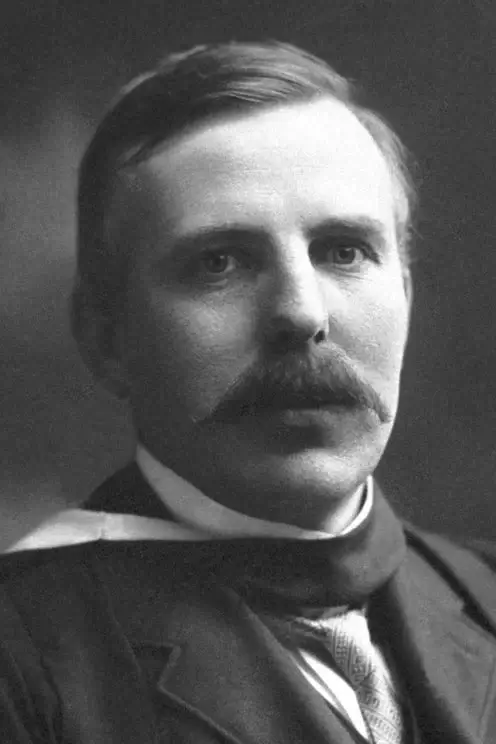Nominations now open
The call for nominations is now open. Please ensure you read through the guidance document fully.
The Royal Academy of Sciences New Zealand is encouraging nominations of joint collaborations, groups or teams for almost all its medals to better represent how contemporary science is undertaken. In addition, the Academy is extremely keen to broaden the diversity of those nominated for its awards, so do please consider all contacts and colleagues.
You do not have to be a Fellow of the Royal Academy of Sciences New Zealand to nominate or to be nominated for any of the Royal Academy of Sciences New Zealand medals and awards.
Nominations close on 30 July 2024 at 23:59.
Nominate now
The award
Rutherford Medal for Excellence in Physical Sciences, a prestigious accolade named after the esteemed New Zealand physicist Ernest Rutherford, whose pioneering contributions have left an indelible mark on the field. This distinguished medal is awarded annually to an individual or collaborative entity that has demonstrated exceptional achievements in the physical sciences, encompassing areas such as physics, chemistry, and earth sciences.
Recipients of the Rutherford Medal are selected through a rigorous evaluation process, conducted by a panel of eminent scholars, ensuring that the awardee's work exemplifies the highest standards of scientific rigor, originality, and impact. The medal not only celebrates outstanding contributions that advance our understanding of the physical universe but also commemorates the legacy of Sir Ernest Rutherford, reflecting the Royal Academy's commitment to fostering excellence and innovation in scientific research.
In bestowing the Rutherford Medal, the Royal Academy of Sciences New Zealand aims to inspire current and future generations of scientists to pursue breakthroughs and discoveries that propel the boundaries of knowledge and contribute profoundly to the betterment of society and the natural world.
The Rutherford Medal for Excellence in Physical Sciences acknowledges a broad array of contributions to the advancement of science, encapsulating, but not confined to, the following areas:
-
Innovative Theoretical Developments: Pioneering theoretical work that offers profound insights into the underlying principles of physical sciences.
-
Groundbreaking Experimental Research: Exceptional experimental studies that have led to significant discoveries or advancements in the physical sciences.
-
Technological Innovation: Development of novel technologies or methodologies that significantly enhance the practice or application of physical sciences.
-
Interdisciplinary Contributions: Research that successfully integrates physical sciences with other disciplines, leading to new understanding or solutions to complex problems.
-
Scientific Leadership: Outstanding leadership in the scientific community, including mentorship of young scientists, fostering collaborative research projects, and promoting the global exchange of knowledge.
-
Public Engagement and Science Communication: Efforts to engage the public with the physical sciences, including science communication, outreach programs, and initiatives that enhance scientific literacy.
-
Policy Influence: Contributions that have informed policy decisions, leading to positive societal or environmental impacts through the application of physical science principles.
-
Sustainability and Environmental Impact: Research contributing to sustainable practices or understanding environmental processes and changes, underpinning efforts to address global challenges.
Nominations
Nominations are now open.
Eligibility
The Rutherford Medal for Excellence in Physical Sciences, conferred by the Royal Academy of Sciences New Zealand, stands as a prestigious accolade celebrating substantial advancements within the realm of physical sciences. It acknowledges a wide array of scholarly achievements, from groundbreaking research and technological innovation to exemplary science communication and impactful policy advocacy.
Eligibility for this esteemed medal is predicated upon nominees' distinguished contributions to the advancement of physical sciences, marked by professional integrity, significant impact on the field, and, ideally, engagement with the New Zealand scientific community. Nominees are meticulously selected through a peer-nomination process, underscoring the medal's commitment to honoring those individuals whose endeavors not only advance scientific knowledge but also inspire future generations in the spirit of Sir Ernest Rutherford's legacy of exploration and discovery.


